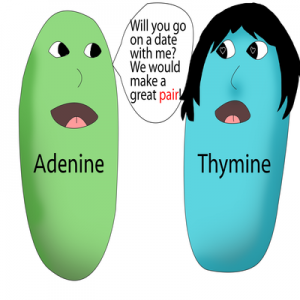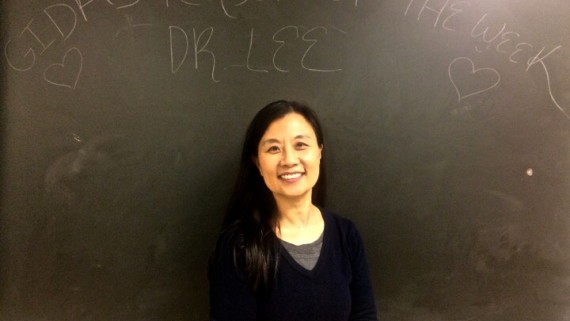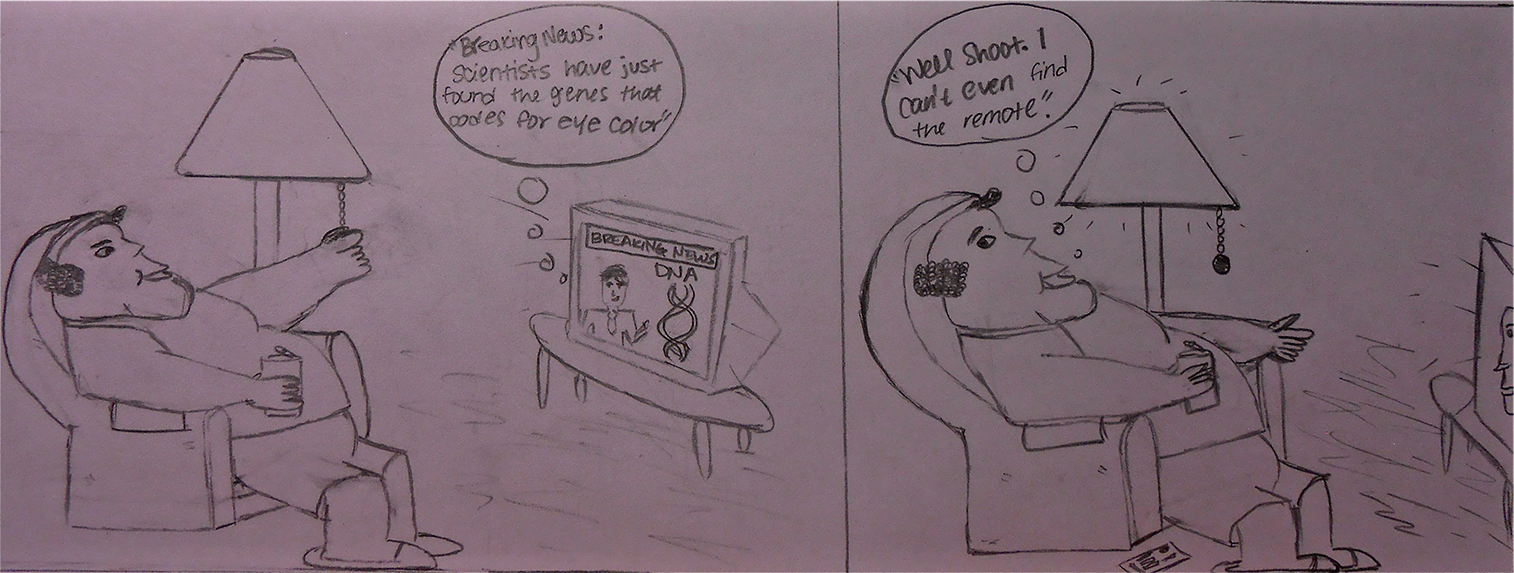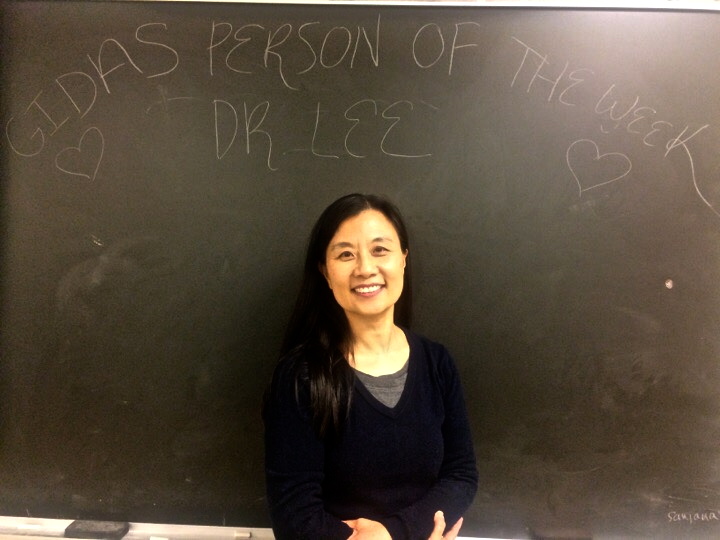Hello! Here is the third edition of our miRcore newsletter!
Here is the pun of the month!
“The virus fought the white blood cells, but it was in vein.”
To those who would like to know more about our Genes and Health Contest, here is a comprehensive summary of our event!
“The Genes and Health contest is our annual contest that we hold for all high school students grades 9-12 for the purpose of awarding those who work hard and who immerse themselves in genetics.
miRcore strives for science, compassion, and cooperation. As part of our mission we encourage our members to learn more about biology and gain skills in computational biology research. Every week we learn how to use genetics analyzing tools such as GEO2R, Linux, and String-db.org. When we research, knowledge such as DNA methylation and protein folding aids us in writing abstracts. These skills then became the premise of our Genes and Health contest.
The test consists of three parts, the biology test, the computational biology online research test, and the teamwork section. The biology portion consists of college level biology such as protein synthesis, DNA/RNA synthesis, protein denaturation, and much more. The computational biology portion assesses the skills of an individual with regards to using databases such as UCSC Genome Browser, String-db.org, and fasta sequences. This portion is done online. Lastly, the teamwork section is where we use our cooperation to work as a team to answer questions. Each student is randomly assigned to 3 or more individuals to play a game about biology topics. The top ranking teams get bonus points added to their individual score.
This past Genes and Health contest occurred Feb. 13th, 2016 with a great turnout! Over 100 students came to compete, even some from Ohio!”
In the past year, miRcore has successfully hosted the Genes and Health Contest, multiple fundraisers, and the miRcore Conference! The next year of miRcore is looking bright!
To top off the 2015-2016 newsletters we would like to say, “Thanks for reading and see you soon for next year!”
~miRcore Newsletter Committee 2015-2016
Hello, and welcome to our second edition of the miRcore newsletter.
To start off, here is our pun of the week!
“We can change corduroys, but we cannot easily change genes.”
If you would like more information about our organization, here is one of our pamphlets:
https://docs.google.com/document/d/1CvFYiaYjKLZmpe4-Fjnq3NsSZJC9K_gWU7WA1KETAK8/edit#
Recently, Natsume Ono, a miRcore volunteer, was interviewed about her thoughts on miRcore. The volunteer reflects on her favorite memories and aspects of miRcore:
How many years have you been at miRcore?
I joined my sophomore year, so 2 and a half.
What’s your favorite part about miRcore?
My favorite part is going every week, and seeing people who are passionate about learning about the different things that we do, and also helping people by doing fundraisers and stuff, and performances that we do at senior centers sometimes.
What’s one of the most important piece of knowledge you’ve gained from miRcore?
I don’t know, that’s really hard. I would say that sometimes you might not be interested in something. I wasn’t too interested in computational biology and stuff, but then realizing the bigger effect and how it could actually affect people, it definitely helped me realize the importance of a lot of things.
What’s it like being a TA?
It’s fun, I feel like I learn more from when I’m helping other people. Also, I remember in like sophomore year, when I was really confused about R and Linux, being able to help people understand what it is, that’s fun too.
What has been your greatest memory from miRcore?
I would say, I think, being an oral presenter at the GIDAS conference last year. It felt official, and I felt like I was doing something professional, and it was exciting.
Thank you for reading our second newsletter!
~ miRcore Newsletter Committee
Hello, this is the first newsletter from the 2015-2016 miRcore Newsletter Committee. We hope this provides a fond memory to look back on as we transition into 2016.
Here is our pun of the month:
“We cannot easily change genes, but we can change corduroys.”
In the past, miRcore volunteers have researched diseases such as Parkinson’s, Alzheimer’s and Autism. This year, we will be focusing on lung cancer. As a 501(c)(3) research organization, miRcore values science, compassion, and collaboration, and is interested in broadening personalized medicine. We volunteer, research, and brainstorm ways to impact the scientific community in terms of our focused disease.
On October 17th, Dr. David G. Beer presented a lecture on cancer for miRcore. He covered different cancer causations, and explained cancer’s development before it becomes a severely aggressive disease. He revealed that lung cancer has the highest death toll out of any other type. The fact that cancer can be more abundant in certain places provided a unique perspective of the disease. In Japan, there is a high occurrence of gastric cancer, as a likely result of Japan’s large sodium intake. Esophageal cancer was found to have a high rate in Iran, due to combinations of drinking extremely hot tea, and the consequences of smoking.
Personal Opinion: Dr. Beer’s Talk
Thanks to our special team, we had Dr. David Beer, Professor of Surgery and Professor of Radiation Oncology at University of Michigan, come in and talk about what lung cancer is, the different variations of it, and how we can help stop it. Answering the following questions about the talk is Kristine Zhou, a freshman at Pioneer High School in Ann Arbor.

What was the most important thing you learned about during Dr. Beer’s talk?
There were so many things. I definitely felt like I learned most about the
three different events that lead to lung cancer. If we’re able to identify
these steps one by one, we can start a chain reaction to prevent lung cancer.
How did you feel about the description of the current treatments?
I thought that the modern treatments were not very helpful. Chemotherapy
kills all it can see, which can eliminate cells that could help distant the lung
cancer. Even if the treatments work, there’s a really high percentage of the
lung cancer coming back.
What stood out to you during Dr. Beer’s talk?
When he showed us the statistics of high lung cancer rates in Asian women
who do not smoke. There was simply no explanation for it, and that really
intrigued me.
What information is necessary for further advancements in lung cancer?
People should acknowledge that there is more than two kinds of lung cancer.
There are still a lot of variations and ways lung cancer can be obtained. Once
we learn more about each type, or at least see the differences between each
patient, then we can really get ahead.
We have had two half-day camps this year, where people new to miRcore can become certified volunteers. The expression data analysis half day camp on December 5th detailed how to review results from our resources, and recognize their meaning. The half day R camp on December 19th explained the use of R, a computer program that efficiently organizes data.
Regarding advancements in lung cancer research outside of miRcore, an FDA approval for a specific treatment has been reported. On November 17, 2015, AstraZeneca announced the new FDA approval of the treatment for lung cancer patients. The new innovative treatment is called TAGRISSO. It is a series of daily tablets prescribed by a doctor, that treat metastatic epidermal growth factor (EGFR) patients. To be eligible for the new treatment a patient must take the FDA approved FGFR Mutation Test. “This treatment has the potential to become the standard care for patients,” says Pasi A Jänne MD, PhD. This treatment could be a breakthrough for cancer treatment, with positive tumor shrinkage, the innovational drug could make a positive impact on the world. To learn more, here is the link:
http://www.news-medical.net/news/20151117/AstraZeneca-announces-FDA-approval-of-TAGRISSO-(AZD9291)-for-treatment-of-lung-cancer-patients.aspx
Recently, we have been sifting through databases such as NCBI and String-db to find information that could benefit lung cancer research. NCBI contains experimental data available for us to form possibly novel findings in our specific disease. String-db is another resource we use to verify the functions and patterns of the genes that we believe are involved in the illness. With your support, anyone can initiate medical research that matters to them.
Annie Zhou
Gina Liu
Ira Tunkle
Lynn Kim
Minjun Kim
Morgan Gallimore
Pavitra Srinivasan
Reem Farjo
Rohan Erasala
Shreya Ohri
Sophia Dai
Sujay Kulkarni
TingTing Chang
Veena Thamilselvan




